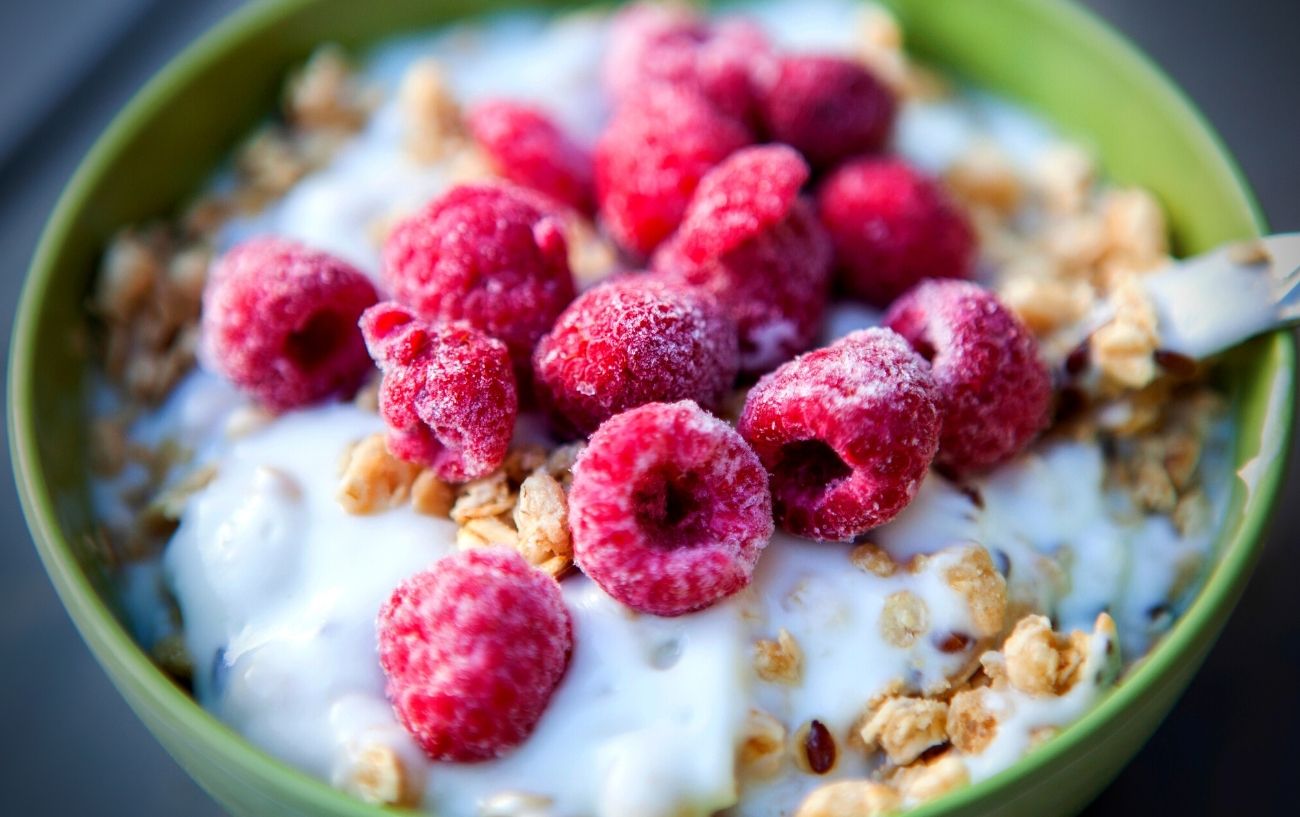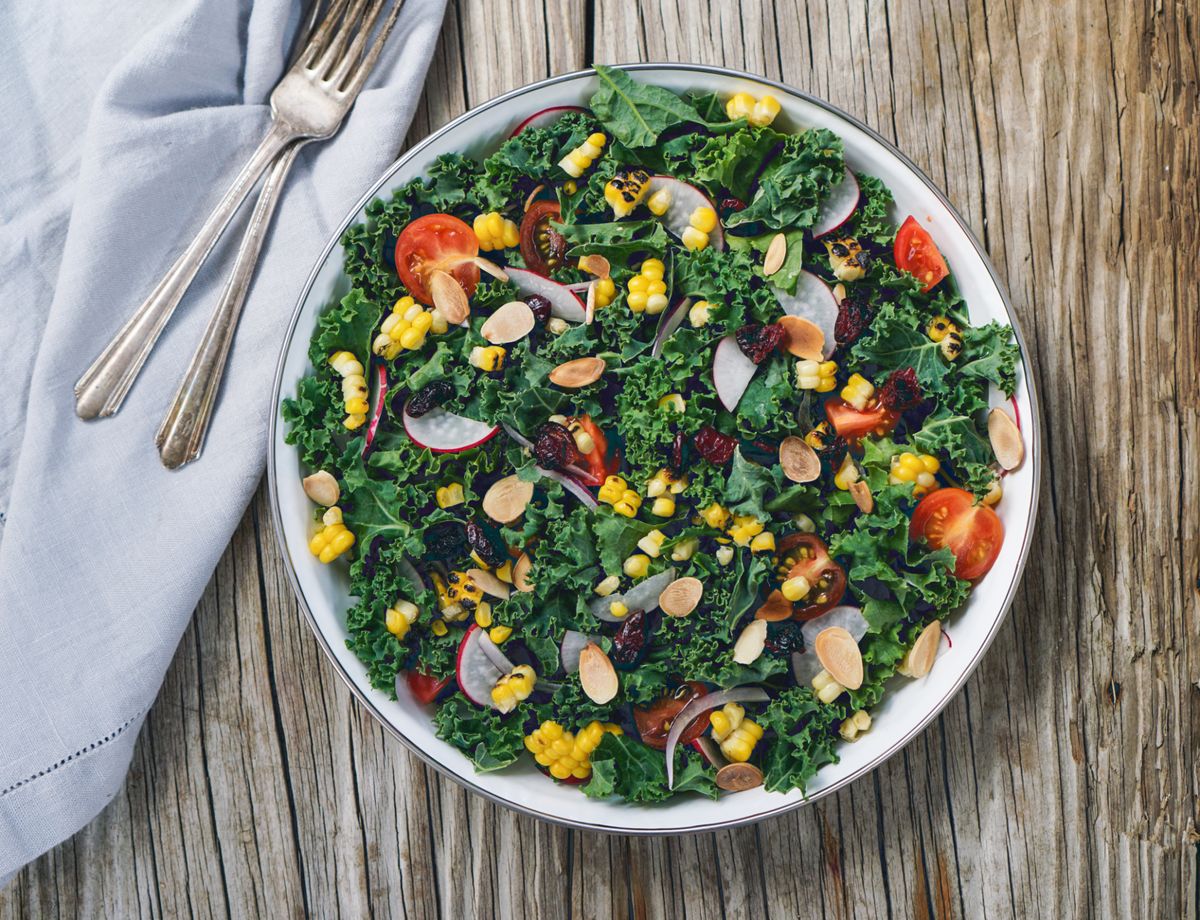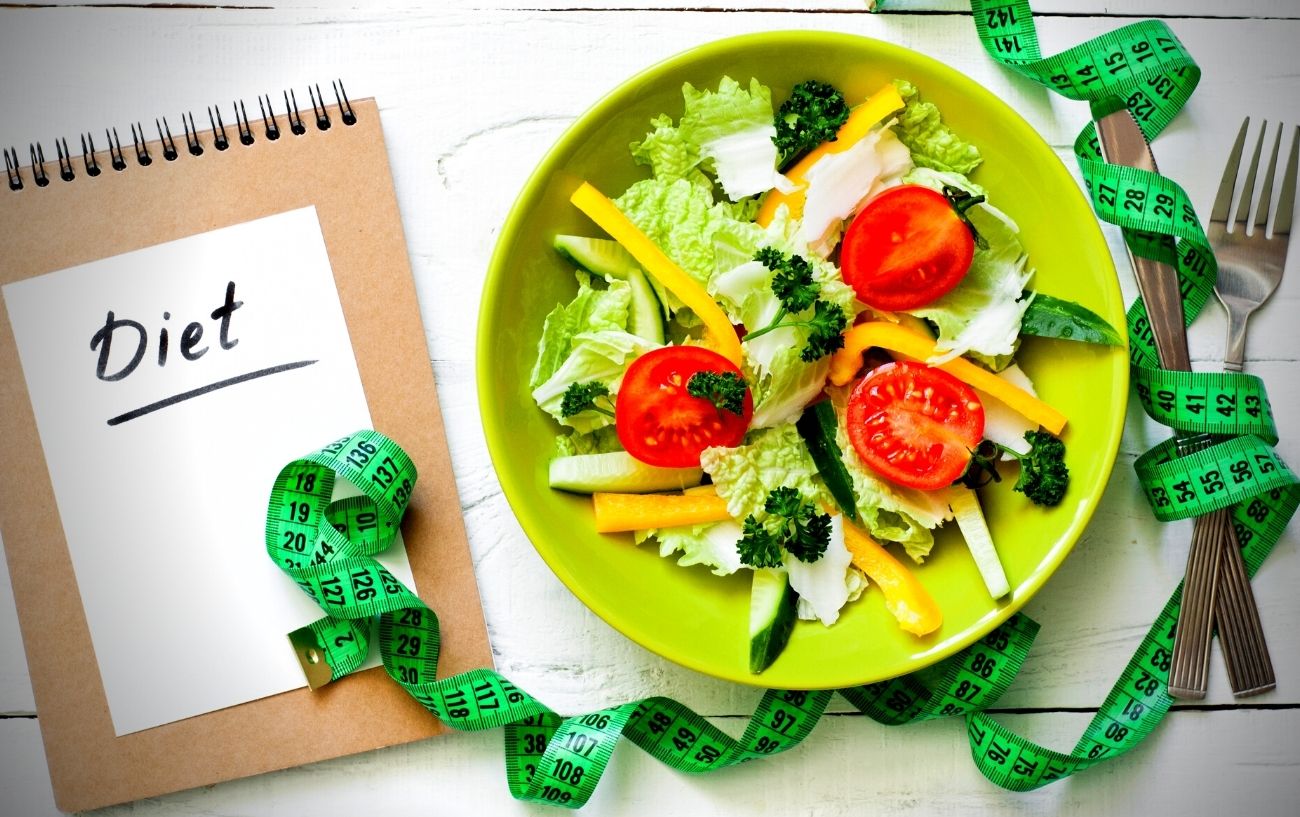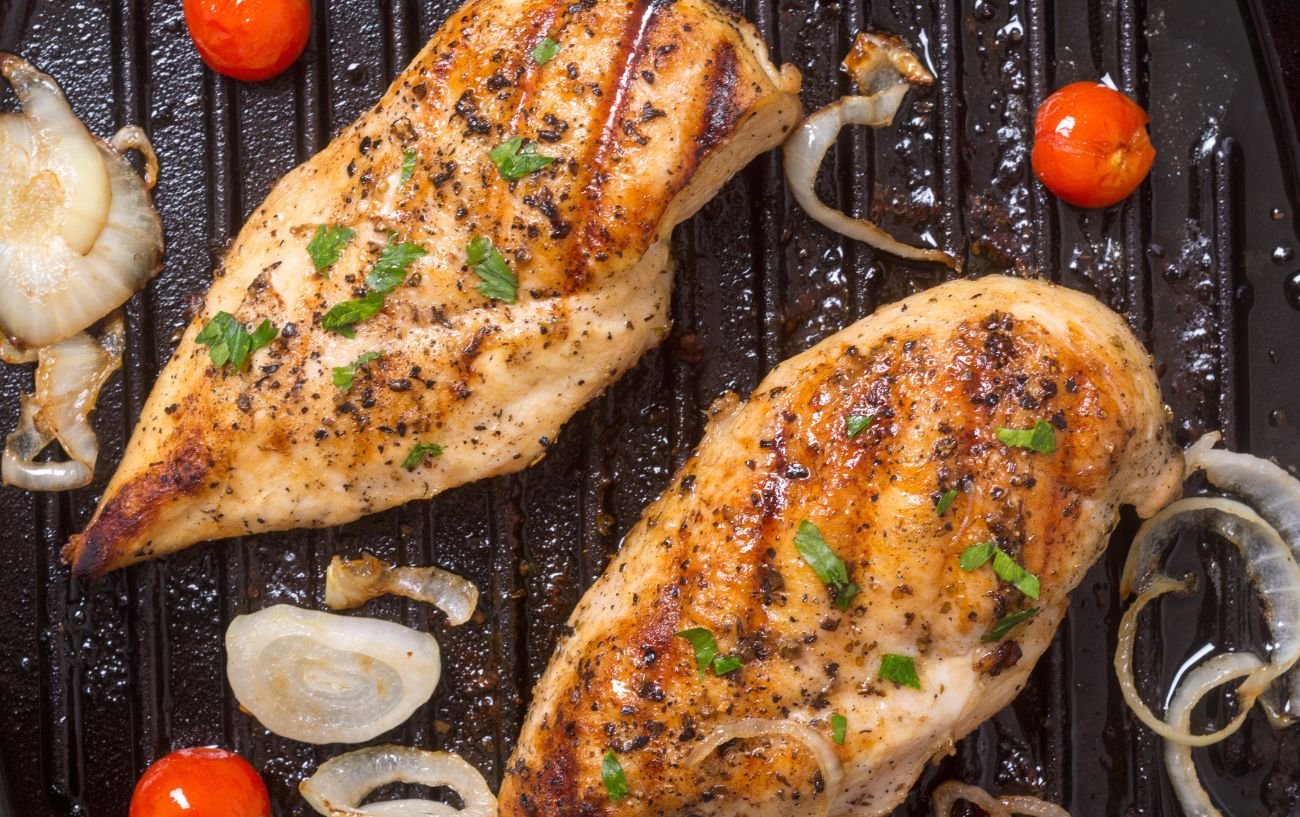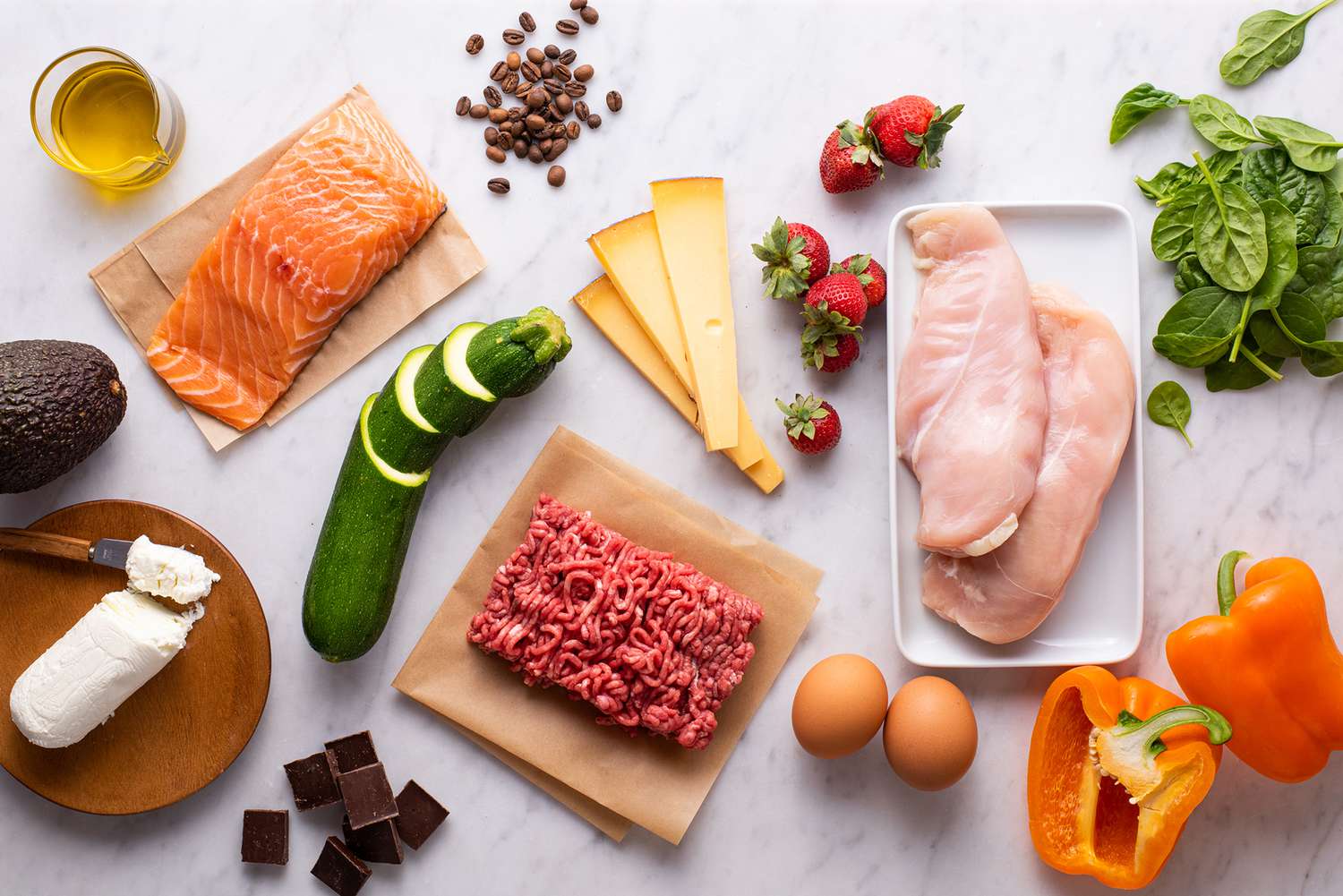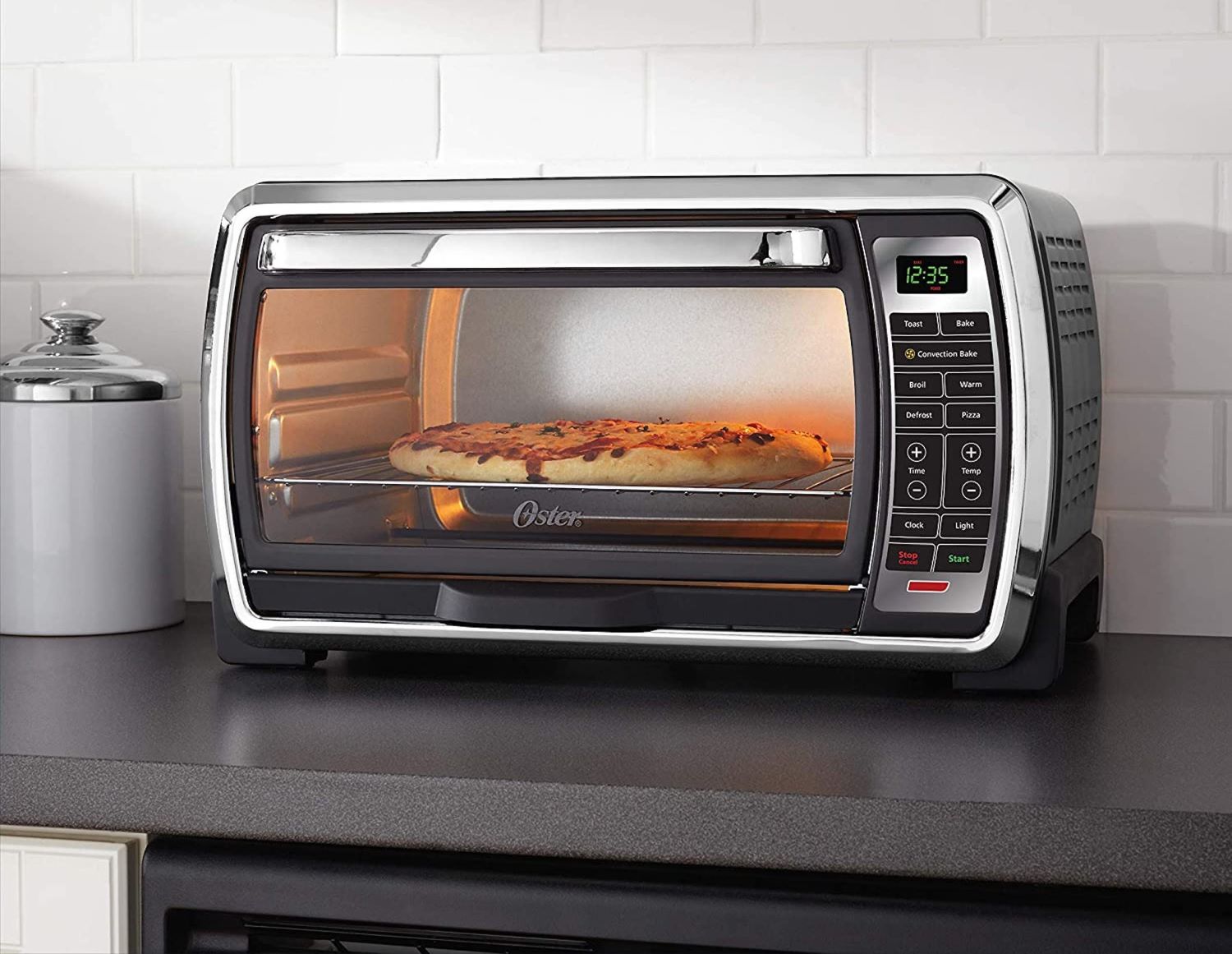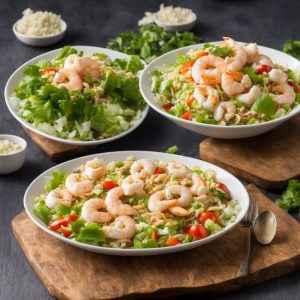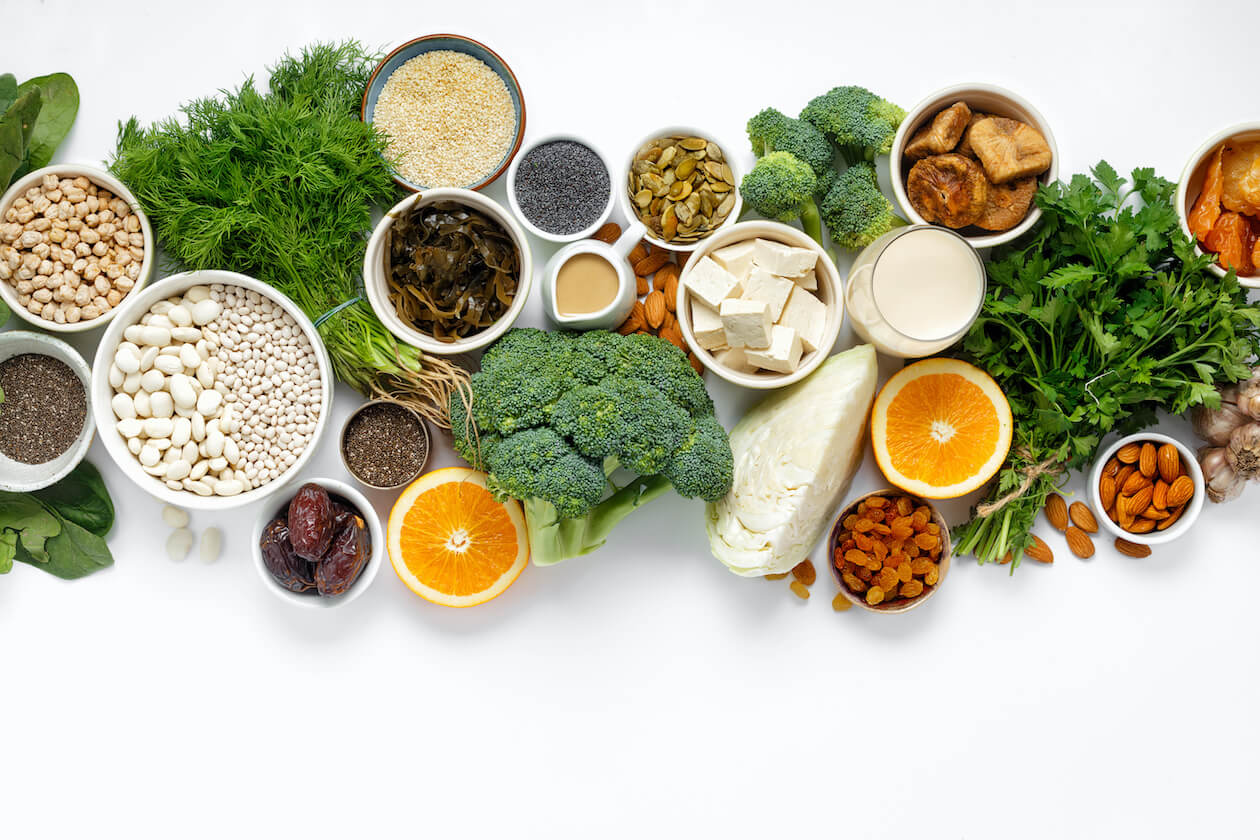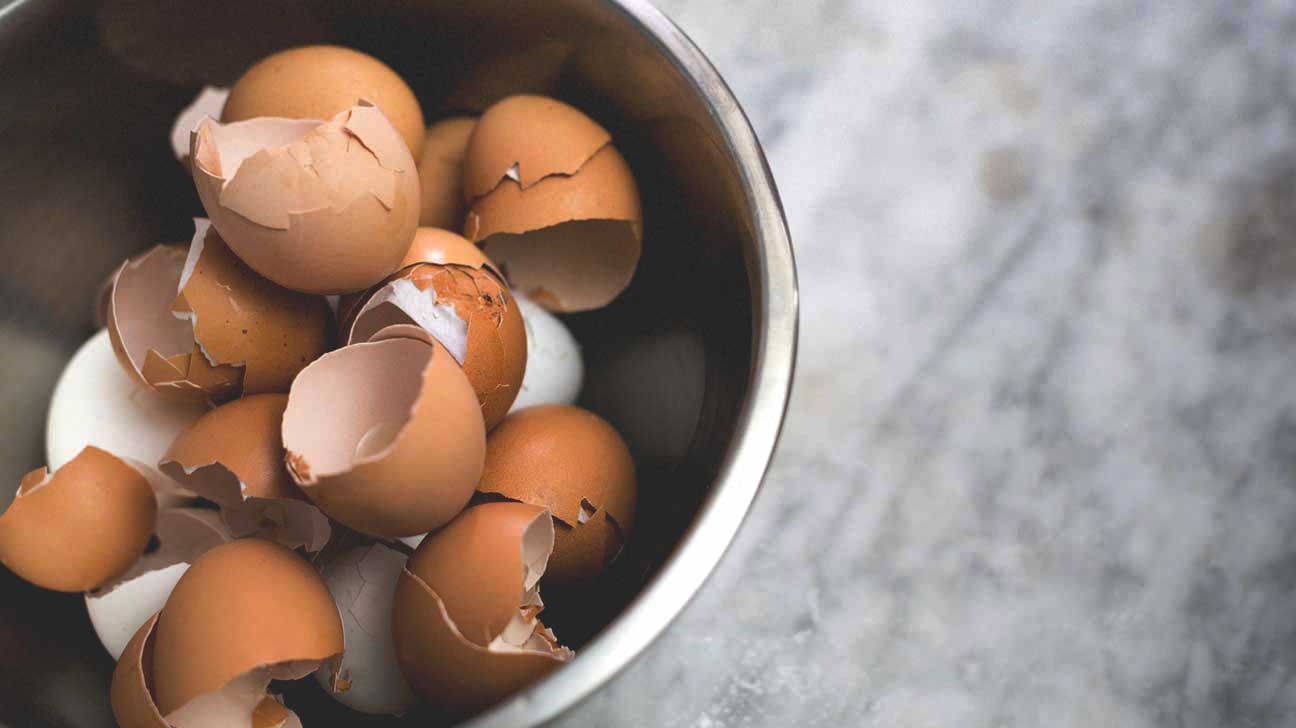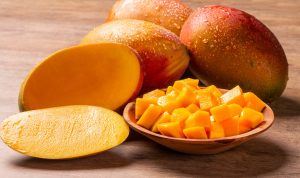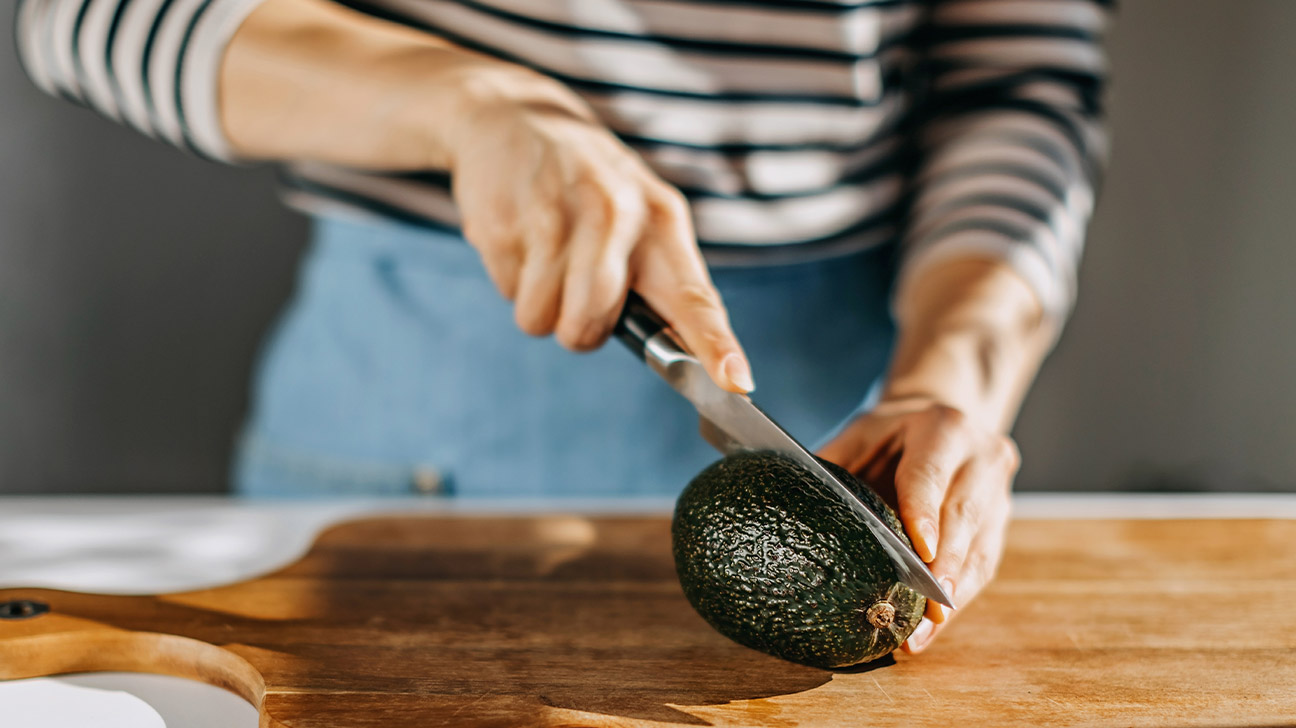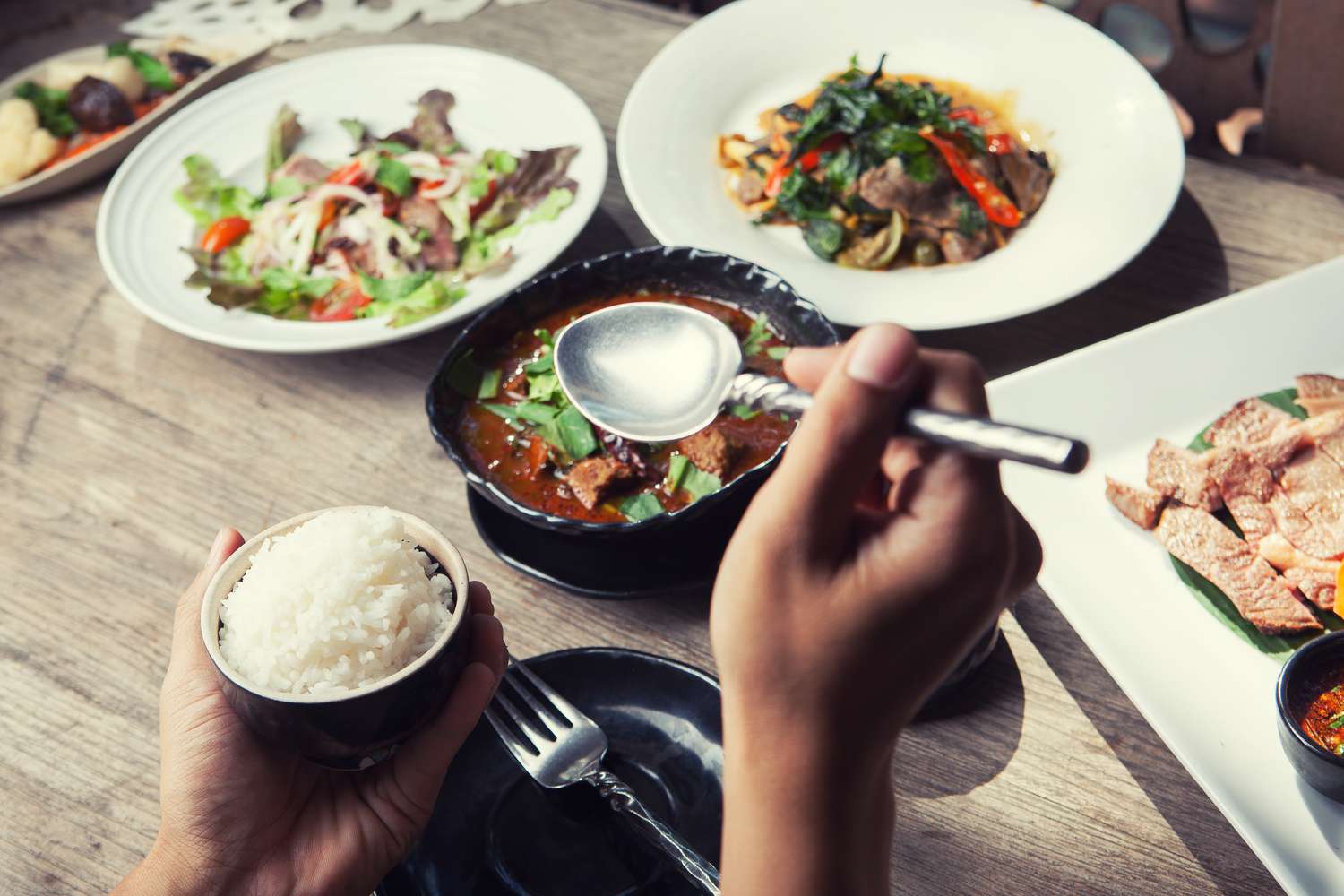How to Eat a Balanced Diet on 1000 Calories a Day
When it comes to weight loss, many people turn to low-calorie diets to shed those extra pounds. While it’s important to consult with a healthcare professional before making any drastic changes to your diet, eating 1000 calories a day can be a safe and effective way to achieve your weight loss goals. However, it’s crucial to ensure that you are still getting all the essential nutrients your body needs to function optimally. Here’s how you can eat a balanced diet on 1000 calories a day:
Focus on Nutrient-Dense Foods
When you’re limited to 1000 calories a day, every calorie counts. It’s essential to prioritize nutrient-dense foods that provide a high amount of vitamins, minerals, and other essential nutrients without packing on extra calories. Include plenty of fruits and vegetables in your diet, as they are low in calories and high in essential nutrients. Opt for leafy greens, berries, and citrus fruits to get a variety of vitamins and antioxidants.
Additionally, incorporate lean proteins such as chicken breast, turkey, fish, and tofu into your meals. Protein is crucial for maintaining muscle mass and keeping you feeling full and satisfied throughout the day.
Plan Your Meals Carefully
When you’re working with a limited calorie budget, planning your meals in advance is key. Aim to spread your 1000 calories throughout the day to keep your energy levels stable and prevent excessive hunger. Consider dividing your calories into three small meals and two snacks, ensuring that each meal contains a balance of protein, healthy fats, and complex carbohydrates.
Use a food journal or a calorie tracking app to keep track of your daily intake and make sure you’re staying within your 1000-calorie limit. This will help you make informed decisions about portion sizes and food choices.
Avoid Empty Calories
When every calorie counts, it’s important to steer clear of empty calories from sugary drinks, processed snacks, and refined carbohydrates. These foods can quickly add up in calories without providing much nutritional value, leaving you feeling hungry and deprived.
Instead, focus on whole, unprocessed foods that provide essential nutrients and keep you feeling full. Choose whole grains such as quinoa, brown rice, and oats, and incorporate healthy fats from sources like avocados, nuts, and olive oil into your meals.
Stay Hydrated
Drinking plenty of water is essential, especially when you’re following a low-calorie diet. Not only does water keep you hydrated, but it can also help you feel full and prevent overeating. Aim to drink at least 8-10 glasses of water per day, and consider incorporating herbal teas and infused water for variety.
Avoid sugary beverages and excessive amounts of caffeine, as these can add unnecessary calories and potentially lead to energy crashes later in the day.
Seek Professional Guidance
Before embarking on a 1000-calorie-a-day diet, it’s crucial to consult with a healthcare professional or a registered dietitian. They can provide personalized guidance based on your individual nutritional needs, help you create a meal plan that meets your requirements, and monitor your progress to ensure you’re losing weight in a healthy and sustainable manner.
Remember, while a 1000-calorie-a-day diet can be effective for weight loss, it’s not suitable for everyone. Pregnant or breastfeeding women, athletes, and individuals with certain medical conditions may require more calories to support their energy needs.
By focusing on nutrient-dense foods, planning your meals carefully, avoiding empty calories, staying hydrated, and seeking professional guidance, you can eat a balanced diet on 1000 calories a day while working towards your weight loss goals.
Always listen to your body, prioritize your health, and make sustainable choices that support your overall well-being.
